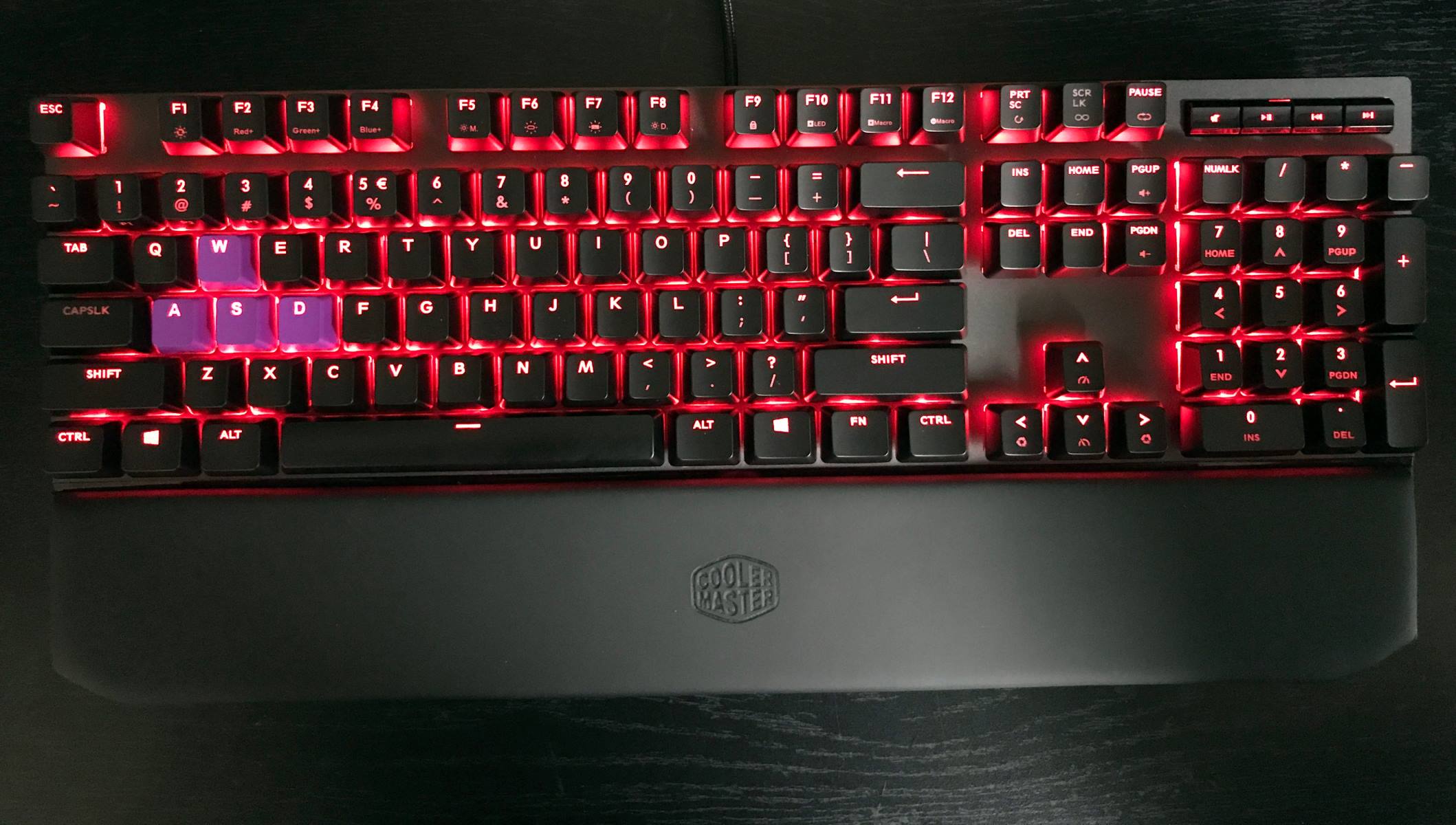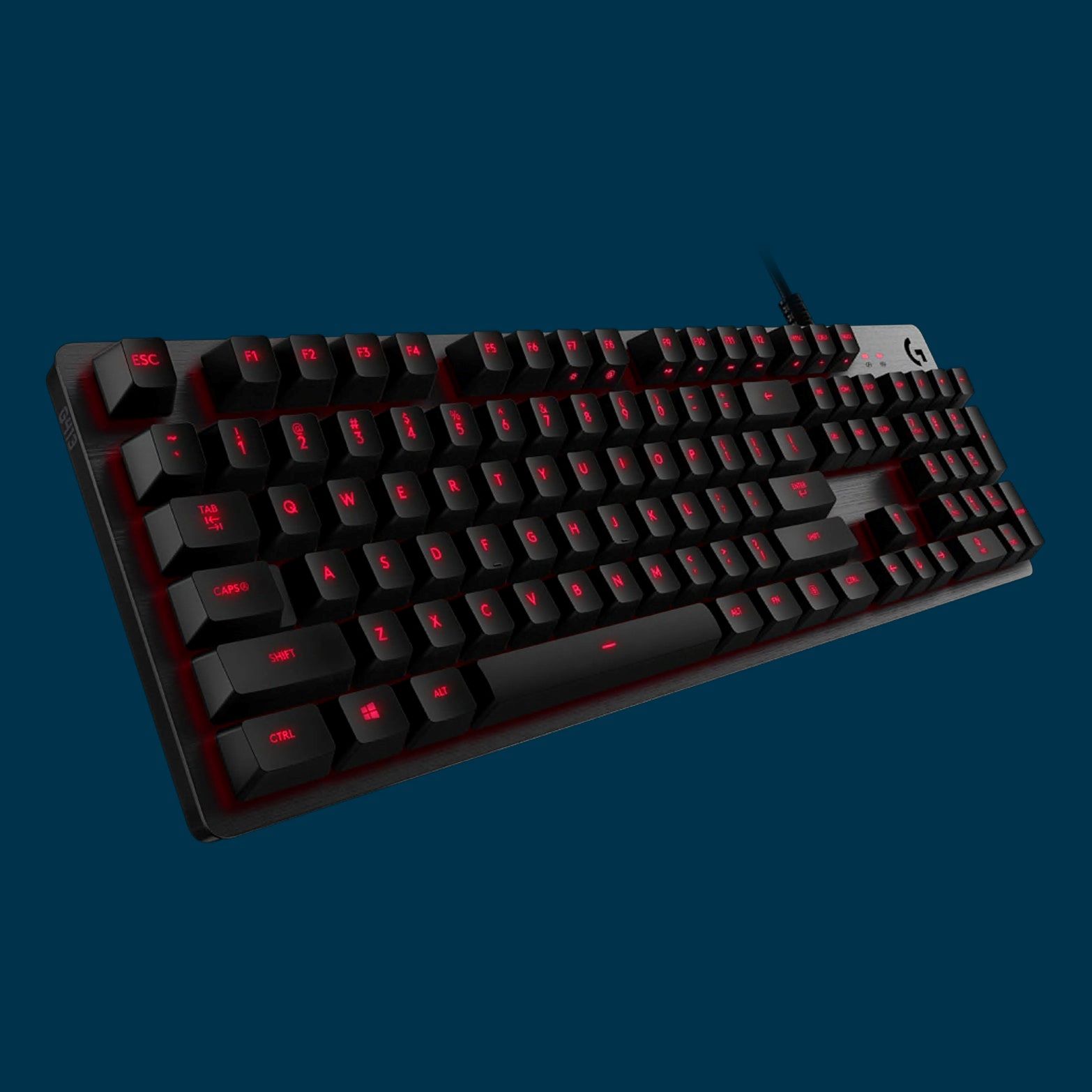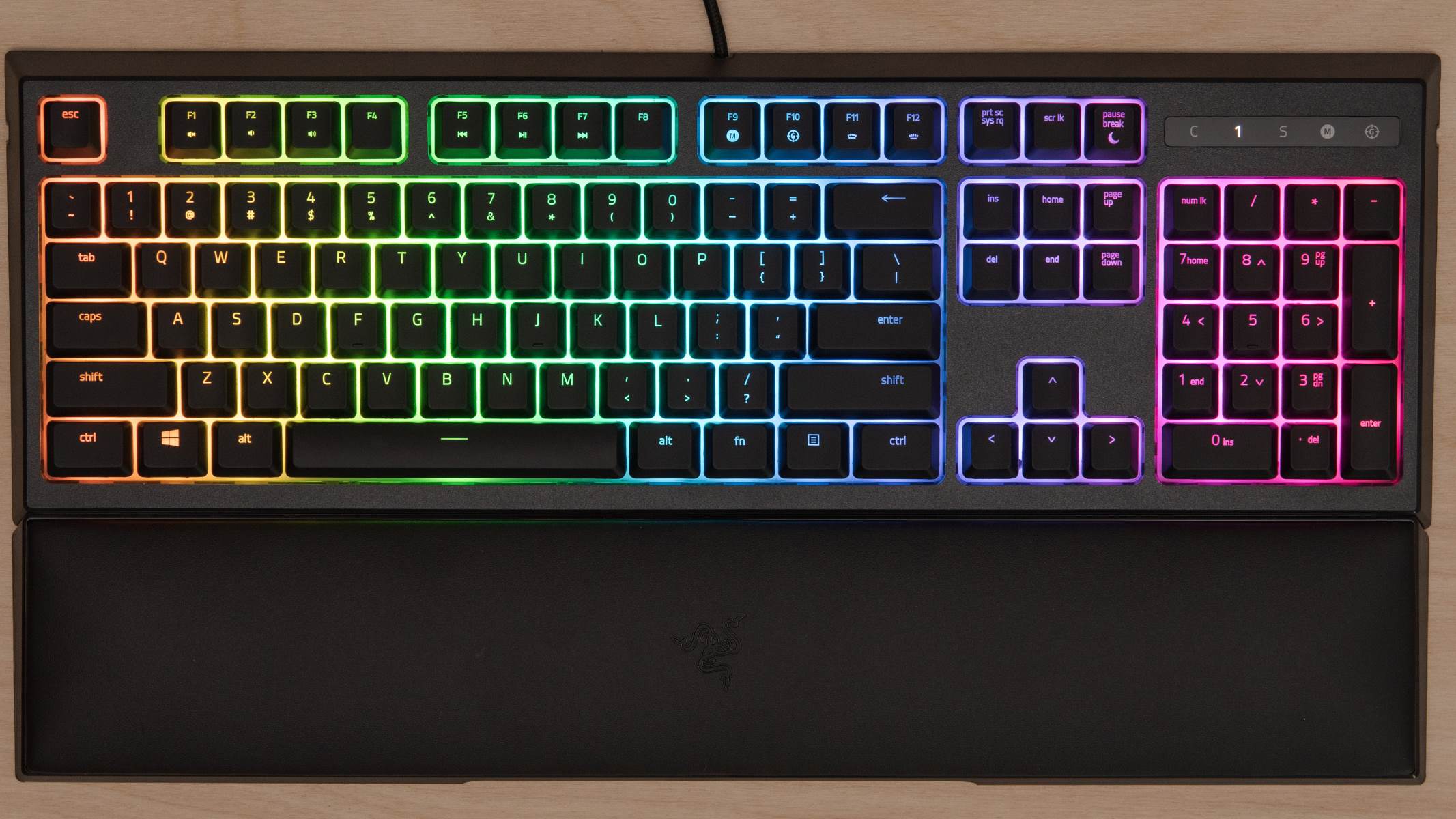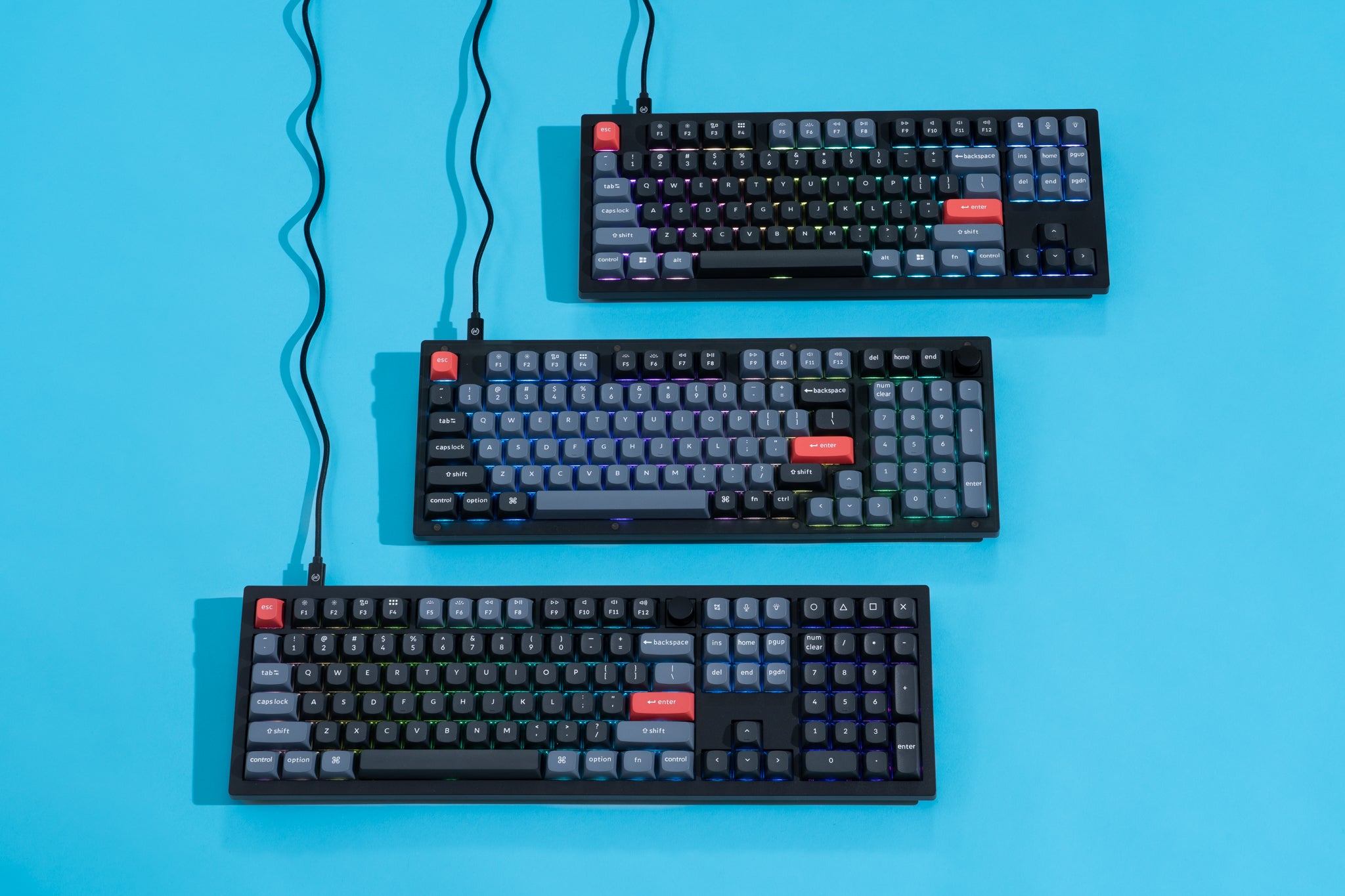Introduction
Welcome to the world of hybrid mechanical keyboards! In this era of rapid technological advancements, the keyboard, a fundamental tool for interfacing with computers, has evolved significantly. Traditional rubber dome keyboards have long been the standard, but the emergence of mechanical keyboards has revolutionized the typing experience. Now, hybrid mechanical keyboards have entered the scene, combining the best of both worlds to offer a unique typing experience that caters to various user preferences.
As technology continues to redefine our daily interactions with devices, the demand for efficient, comfortable, and customizable input devices has surged. Hybrid mechanical keyboards have garnered attention for their ability to merge the tactile satisfaction of mechanical switches with the quiet and smooth keystrokes of membrane keyboards. This innovation has sparked curiosity among tech enthusiasts, gamers, programmers, and professionals alike, prompting them to explore the potential benefits and drawbacks of these cutting-edge peripherals.
With a blend of precision engineering and modern design, hybrid mechanical keyboards are poised to transform the way we interact with our computers. Whether you’re a seasoned typist seeking the perfect key feel, a gamer in pursuit of lightning-fast responsiveness, or a professional aiming for enhanced productivity, understanding the intricacies of hybrid mechanical keyboards can empower you to make an informed decision when selecting the ideal keyboard for your needs.
What is a Hybrid Mechanical Keyboard?
A hybrid mechanical keyboard is a cutting-edge input device that combines the features of traditional mechanical and membrane keyboards, offering a unique typing experience that appeals to a diverse range of users. At its core, a hybrid mechanical keyboard utilizes a combination of mechanical switches and rubber dome or membrane technology to deliver a balance of tactile feedback, key travel, and actuation force.
Unlike conventional membrane keyboards, which employ rubber dome switches for key actuation, hybrid mechanical keyboards integrate mechanical switches for a more responsive and tactile keystroke. These mechanical switches are characterized by individual physical switches beneath each key, providing distinct tactile feedback and audible clicks, depending on the switch type. This design not only enhances the typing experience but also ensures durability, as mechanical switches are known for their longevity and robustness.
Moreover, the hybrid nature of these keyboards allows for a quieter typing experience compared to traditional mechanical keyboards, making them suitable for shared workspaces or environments where noise reduction is a priority. The incorporation of rubber dome or membrane elements contributes to the smooth and quiet keystrokes, striking a balance between the audible feedback of mechanical switches and the subdued nature of membrane keyboards.
Furthermore, hybrid mechanical keyboards often feature customizable keycaps, RGB backlighting, and programmable macros, catering to the preferences of gamers, programmers, and professionals who seek personalized and efficient input solutions. By blending the best attributes of mechanical and membrane keyboards, hybrid mechanical keyboards offer a versatile and adaptable typing platform that can accommodate a wide array of user needs and preferences.
Benefits of Hybrid Mechanical Keyboards
Hybrid mechanical keyboards offer a myriad of advantages that cater to the diverse needs and preferences of users across various domains. These benefits encompass enhanced typing experience, durability, versatility, and customization, making hybrid mechanical keyboards a compelling choice for individuals seeking an optimal input solution.
- Tactile Satisfaction: The integration of mechanical switches in hybrid keyboards provides users with a tactile typing experience, characterized by distinct feedback and key travel. This tactile satisfaction is favored by typists, gamers, and professionals who value precision and comfort during extended typing sessions.
- Durability: Mechanical switches are renowned for their durability, offering a significantly longer lifespan compared to traditional rubber dome switches. This robustness ensures that hybrid mechanical keyboards can withstand heavy usage and maintain consistent performance over an extended period.
- Customization: Many hybrid mechanical keyboards feature customizable keycaps, RGB backlighting, and programmable macros, allowing users to personalize their typing experience according to their preferences and workflow requirements. This level of customization enhances productivity and user comfort.
- Versatility: Hybrid mechanical keyboards strike a balance between the audible feedback of mechanical switches and the quiet keystrokes of membrane keyboards, making them suitable for diverse environments, including shared workspaces and quiet settings where noise reduction is essential.
- Performance: The responsive nature of mechanical switches in hybrid keyboards contributes to improved typing speed and accuracy, making them an ideal choice for gamers, programmers, and professionals who demand high-performance input devices.
Overall, the benefits of hybrid mechanical keyboards encompass a holistic approach to user satisfaction, combining tactile feedback, durability, customization, versatility, and performance to deliver a comprehensive typing experience that aligns with the dynamic requirements of modern users.
Drawbacks of Hybrid Mechanical Keyboards
While hybrid mechanical keyboards offer an array of benefits, it’s important to consider their drawbacks to make an informed decision when selecting an input device. Understanding the limitations of hybrid mechanical keyboards can help users assess whether these peripherals align with their specific requirements and preferences.
- Cost: Hybrid mechanical keyboards often come with a higher price tag compared to standard membrane keyboards due to the integration of mechanical switches and advanced features. This cost factor may pose a barrier for budget-conscious consumers.
- Complexity: The intricate design and construction of hybrid mechanical keyboards may lead to a steeper learning curve for users who are accustomed to traditional membrane keyboards. The tactile feedback and actuation force of mechanical switches may require an adjustment period for some individuals.
- Weight and Size: Hybrid mechanical keyboards, particularly those equipped with additional features such as customizable keycaps and RGB backlighting, tend to be heavier and bulkier than standard membrane keyboards. This aspect may impact portability and desk space utilization.
- Noise Level: While hybrid mechanical keyboards aim to strike a balance between the tactile feedback of mechanical switches and the quiet keystrokes of membrane keyboards, some users may find the audible clicks and keystroke sounds disruptive, especially in quiet environments.
- Maintenance: The intricate mechanisms of mechanical switches in hybrid keyboards may require occasional maintenance and cleaning to ensure optimal performance. This maintenance aspect adds an extra layer of responsibility for users compared to traditional membrane keyboards.
By acknowledging the drawbacks of hybrid mechanical keyboards, users can make informed decisions based on their preferences, budget, and intended usage scenarios. While these drawbacks present valid considerations, the unique features and benefits of hybrid mechanical keyboards may outweigh these limitations for many users.
How to Choose the Right Hybrid Mechanical Keyboard
When navigating the diverse landscape of hybrid mechanical keyboards, selecting the ideal model entails careful consideration of various factors to ensure that the chosen keyboard aligns with your specific needs and preferences. By evaluating key aspects such as switch type, design features, and intended usage scenarios, users can make informed decisions when investing in a hybrid mechanical keyboard.
- Switch Type: The choice of switch type significantly influences the typing experience. Hybrid keyboards often offer a selection of switch options, including linear, tactile, and clicky switches, each catering to different preferences for keystroke feel and sound. It’s essential to test different switch types to determine the most suitable option for your typing style.
- Design and Features: Consider the design elements and features that complement your workflow and aesthetic preferences. Whether it’s customizable keycaps, RGB backlighting, detachable wrist rests, or programmable macros, identifying the features that enhance your productivity and comfort is crucial in selecting the right hybrid mechanical keyboard.
- Build Quality: Assess the build quality and durability of the keyboard, ensuring that it can withstand prolonged usage and maintain consistent performance. Look for keyboards with sturdy construction and reliable key switches to ensure long-term satisfaction.
- Intended Use: Determine the primary purpose of the keyboard, whether it’s for gaming, programming, professional tasks, or a combination of activities. Different usage scenarios may require specific features, such as anti-ghosting technology for gaming or ergonomic design for extended typing sessions.
- Compatibility and Connectivity: Verify the keyboard’s compatibility with your computer or gaming setup, ensuring that it supports your preferred operating system and offers the desired connectivity options, such as USB or wireless connectivity.
By carefully evaluating these factors and conducting hands-on assessments, users can navigate the market of hybrid mechanical keyboards with confidence, ultimately selecting a keyboard that harmonizes with their unique preferences and usage requirements.

























